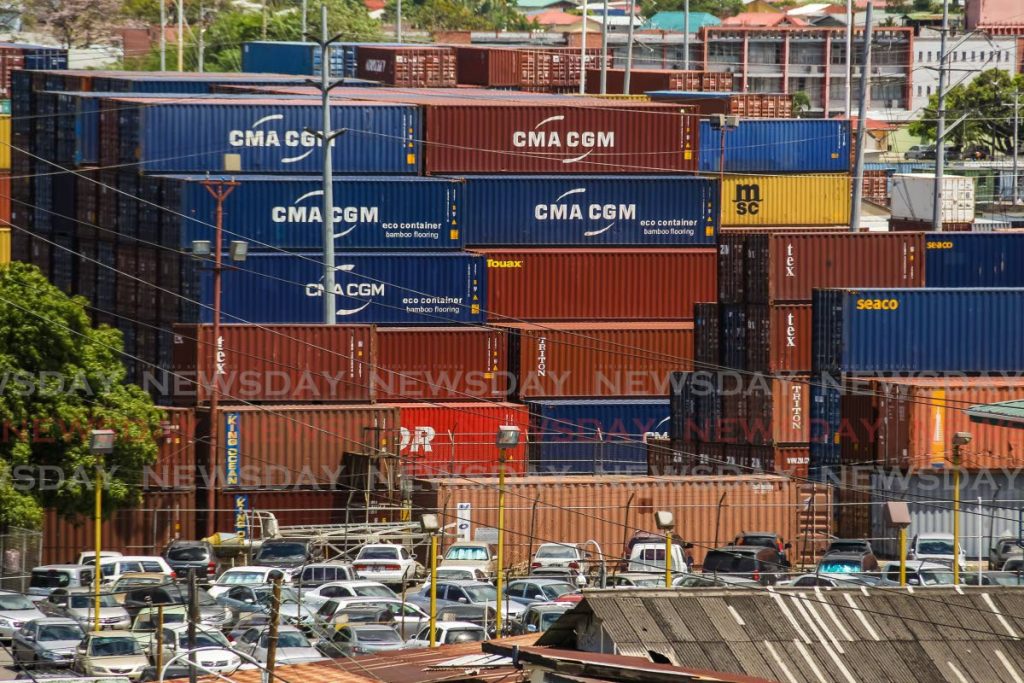Too many ports of call

EVER SINCE serious concerns were raised at a parliamentary committee hearing last Wednesday about shipping containers being scanned at ports, there has been a string of confusing disclosures on the topic by various entities.
All of it suggests there are far too many ports of call when it comes to responsibility for the efficient management of our borders.
At a sitting of Parliament’s Joint Select Committee on National Security, Customs and Excise Division officials confirmed about 4,000 shipping containers out of 23,000 – or roughly 17 per cent – had been inspected between January and August.
Police officials, meanwhile, told the same committee of their belief that most illegal guns enter through official ports. Acting Police Commissioner McDonald Jacob said as a result, “The focus has started to be on the Customs.”
Customs officials at the hearing said they lacked tools to do their job. They spoke of depleted numbers of trained staff, with only two or three people available to do maritime interdiction. They also said container scanners donated by the US have been out of action since last year.
The procurement of new scanners, said comptroller Vidya Marcial, is now before the Central Tenders Board and there are health and safety specifications to be met.
Ms Marcial said scanners are maintained by their manufacturers, not Customs, but admitted poor maintenance affected their lifespan.
There is currently no internal affairs unit at the division to address corruption.
But on Saturday, Minister of Finance Colm Imbert warned trade could grind to a halt if more scanning was done. He said this country scans five times more than the US and ten times more than the EU.
And on Friday, the Port of Port of Spain said its $25 million fixed scanner, acquired by grant funding from China, is fully operational.
Mr Imbert said the challenge is not malfunctioning machinery, but staff being unwilling to use them owing to fears that they might cause radiation poisoning or lead to decreased virility.
The Port of Spain port, however, said it is not its job to inspect containers on its premises. That, it said, is a matter for the Customs and Excise Division, which is the “stipulated entity.”
Clearly, too many cooks are spoiling this broth.
And contradictory policy positions are creating a picture of a system that is arbitrary, haphazard and not meeting the standards expected of it.
The truth is there is no reason why we cannot properly inspect containers while doing so speedily and efficiently. We need greater clarity on the current state of equipment and the effectiveness of manual scanning.
Especially when the stakes are so high – if the theory about illegal guns is correct – all agencies should work together instead of each passing the buck.


Comments
"Too many ports of call"